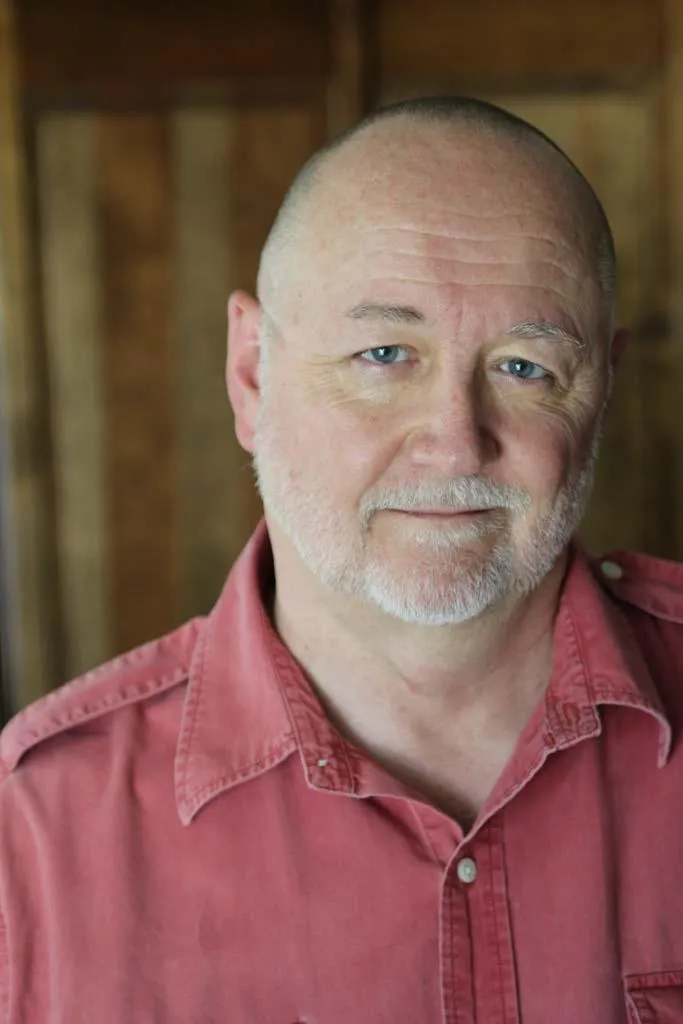
Special Guest Expert - Rex Sikes

Rex Sikes
After a skydiving accident nearly robbed Rex Steven Sikes of his life and caused him to spiral down in negativity for a couple years, Rex locked himself in his apartment for 6 weeks to sort things through and develop the confidence to face the world again living happily and successfully again. During those weeks of deep introspection and meditation Sikes discovered the keys for transformation which he has shared around the world ever since. He discusses this in his book, Life On Your Terms: Live The Life You Want. Sikes has four decades experience helping thousands of people transform their minds and lives. His innovations include Mind Design™ and Directed Questions™. He conducts online programs on transformation, Mind Design™ LOA, NLP and at public events.
Sikes is a professional speaker, life and business mentor, consultant, and an educator. He is an actor and filmmaker and consultant to the entertainment industry. IRex is an author, creator of The Attitude Activator™, Rex presents seminars, public and corporate programs, full workshops and training events. He mentors professionals and newcomers in their fields. He is a keynote speaker the power of your mind to get your goals, increase you bottom line and make your dreams come true. His captivating message inspires audiences and will remain with you! His clients include actors and filmmakers, professional speakers, attorneys, CEO’s, sales professionals and managers, medical doctors, law enforcement, personnel managers, small business owners, training personnel, investors, teachers and educational administrators and people from all walks of life. What they share in common is a desire to live life on their terms, and create their own best life. He has consulted for attorneys and news media offering commentary on famous trials and celebrities. He has programs available on productivity, diversity and other topics for businesses. He coaches actors, directors, performers, speakers, and consults for movies and television. In addition to training, and executive coaching, Rex does customized expert modeling and customized business consulting.
Connect with Rex:
Please Share This With Your Followers
